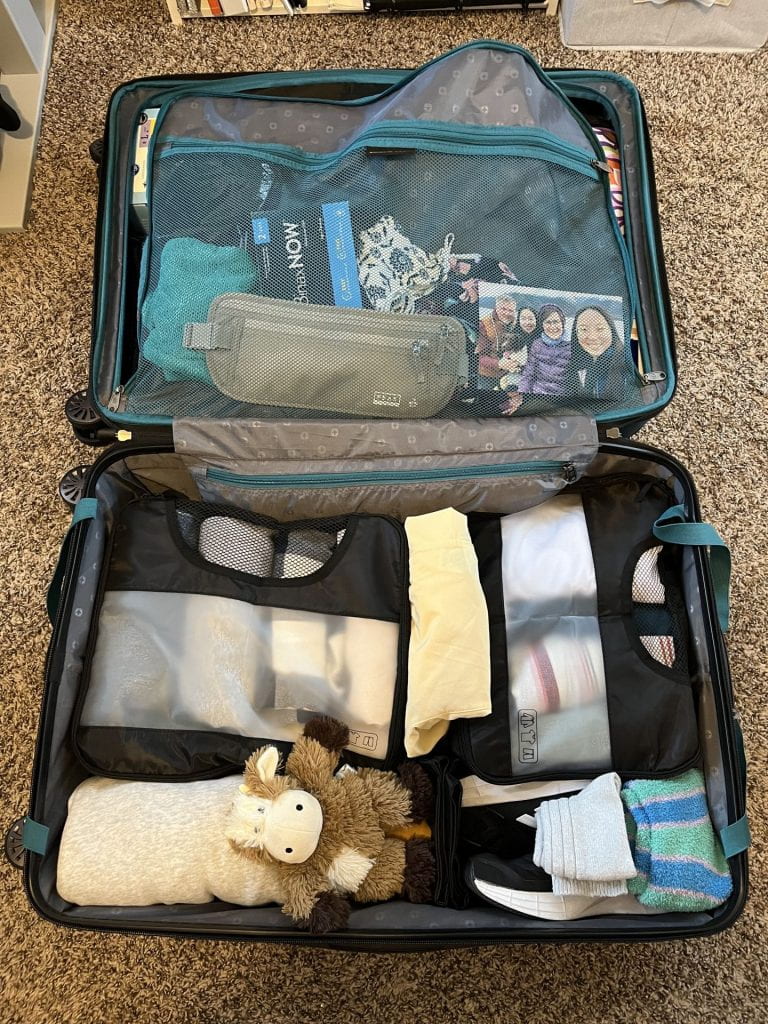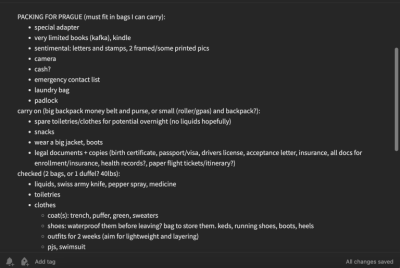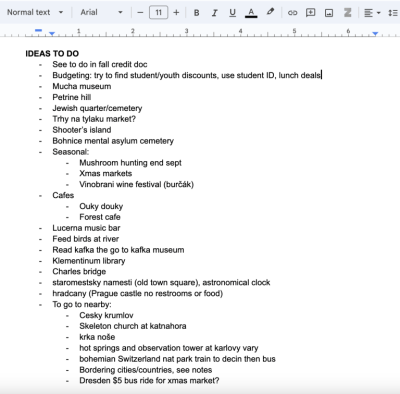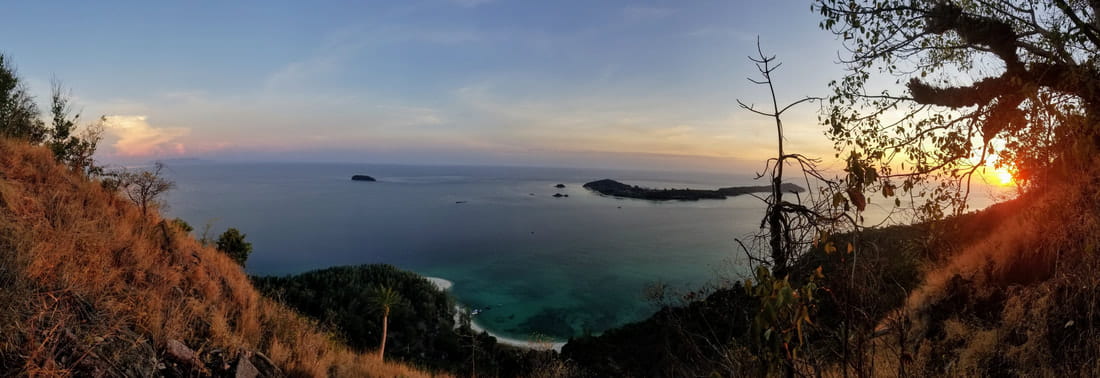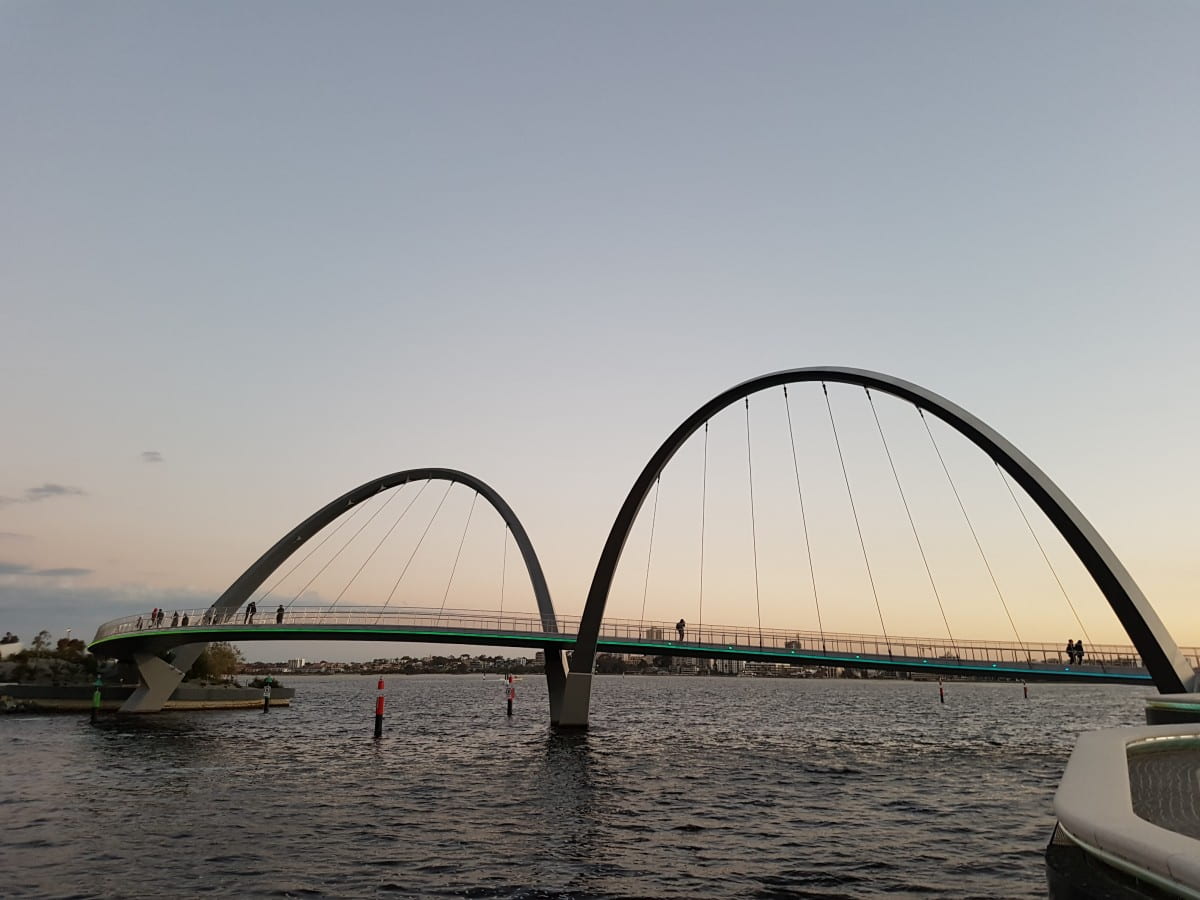How to Get Around South Korea
Posted by DACEYN on

There are several methods of traveling throughout the country, however depending on the city you study in or visit, some may be better than others. Please be aware that some options may only be available to foreigners via a website and not an app, so plan wisely.
Cross-country:
- Taking a train (website)
- There are several different kinds of trains in Korea that one can take, but the fastest is the KTX. A long-distance train that you can take to travel between major cities, the KTX is the fastest way to get around to different provinces. There are other, slower trains that travel to smaller cities where the KTX does not go, which can also be accessed online. There is luggage storage available for check-in bags, but it is very limited. There is also overhead storage for smaller bags.
- Regardless of the kind of train, they will arrive at the stated time on your ticket, so DO NOT BE LATE. When you book a train ticket, there will be train car and seat number listed on your ticket – sit in your assigned seat for the duration of your ride even when other people get on and off as this will be your seat until your stop. Just before each station, the name of the stop will be stated in Korean, then in English so don’t worry too much about not knowing what stop is coming since these announcements combined with the stop time listed on your ticket will let you know when to get off.
- Booking a KTX ticket: simply look up “ktx train” or “railninja” and you will be able to book tickets after setting the city names and date. If you receive no result, then a KTX train does not take that route and you will have to resort to a different kind of train (try looking up “Rome2Rio korea trains”) or a bus.
- Taking a bus (website or in-person)
- Long-distance buses are a cheaper, but longer alternative to the trains. There is undercarriage storage that can fit check-in bags, but you must do this on your own. These buses will make a singular stop at a rest stop for 15 minutes during the journey. These stops while have several food vendors, a convenience store, and restrooms. Employees here are unlikely to speak much if any English so you can check if there is an electronic order station at the stand, use a translation app, or learn how to order food. The 15-minute break is strict – they will leave without you.
- Booking a bus ticket: there are ways to book tickets ahead of time online, but it is best to just look up “city a to city b bus tickets.” An easier, but riskier way to book tickets is to go to the station and buy tickets at one of the kiosks. Another option would be having a Korean friend buy bus tickets via the app (it is not advised to use the app on your own; it requires a Korean phone number and ID, but even if you have this, foreigners usually have trouble with it).
In the city:
- Taxis (app)
- Getting a taxi is very simple in Korea as the app, Kakao Taxi, is available to foreigners and is very easy to use. You just set up your pick-up and drop-off locations, pick the kind of taxi you would like to take (with estimated price), and the app will search for nearby taxis. It will show you if/when a driver has chosen your request and how far away they are. It will also display the license plate number and a picture of the driver so you can easily tell if the car approaching is the correct one. There is a caveat though – you must have a KakaoTalk account and a Korean bank card to pay via the app, so you would need to pay the driver directly if you do not have these (you will select how to pay before the app sends out the request).
- Depending on the city you are in, the drivers may or may not speak English. In Seoul, they are more likely to, but most will not in other cities, including Gwangju. Occasionally, a driver may ask for clarification of the drop-off location, so have a translation of the address ready on your phone or know how to say it in Korean.
- Buses (in-person)
- In order to take buses in the city, you will need to buy a T-Money card. These can be bought at any convenience store and are usually around 5,000 to 10,000 won for the card ONLY (price varies depending on the design). You can charge the cards at any convenience store as well – they can only be charged with cash, excluding coins.
- You can find bus stops and times on Naver Maps – this will show you the bus number, stop number, and when it arrives down to the minute.
- While the price of a bus ride can vary a little based on the city, rides are usually 1,250 won. You board the bus, scan your T-Money card and find a seat or place to stand. Scan your card as you are getting off as well to avoid potentially paying more.
- There are different kinds of seats on Korean buses: regular, elderly, pregnant women, and disability seating. These will be indicated by the color of the seat. While it is generally socially acceptable to sit in the specified seating, you must move if someone boards after you that needs that seat.
- The buses move very quickly, so find a place to sit or stand fast as the bus will move even if you aren’t sitting/holding on. In the same vein, prepare to get off at minimum a stop before by pressing the “stop” button (located on the wall) and getting ready to leave. You will know when your stop is coming via an accouncement as well as a screen that lists the upcoming stop in Korean and English.
- Subway (in-person)
- The subway works very similarly to buses: you need a T-Money card to use the subway and you scan your card before and after your ride. Naver Maps also shows directions via the subway so using that for the subway too will be helpful. When on the subway, it is advised that you do not talk, or if you do, make it short and quiet as this is the local etiquette. It is also not advised to sit in the pregnant women seating unless it is super crowded. Even then, you must move if someone else needs it. Stops will be announced in Korean and English and they will tell you what side the platform is on as well.
